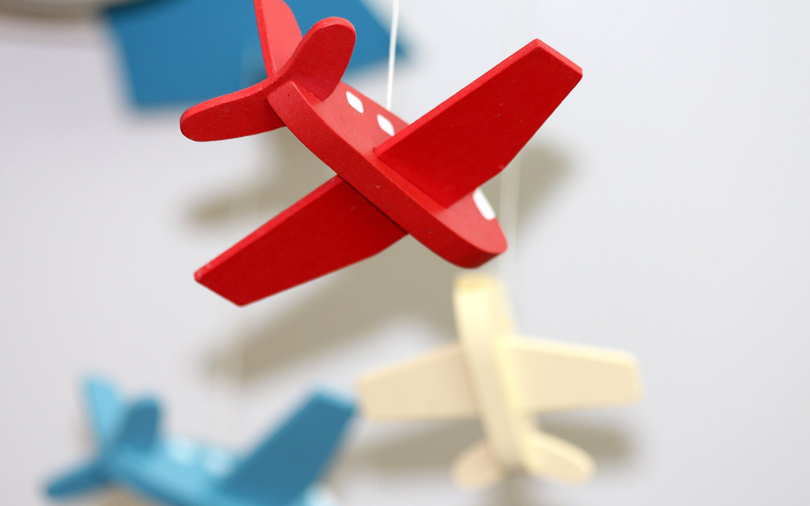
Boeing partners Oerlikon to standardise 3D-printing of aerospace parts


Plane maker Boeing Co. has signed a five-year agreement with Swiss technology group OC Oerlikon to collaborate over standardising materials and processes for additive manufacturing of aerospace components. AM is the industrial version of 3D printing. Besides standardising processes, the data from the five-year partnership will also be used to set benchmarks for suppliers producing parts through AM.
“This agreement is an important step towards fully unlocking the value of powder-bed titanium AM for the aerospace industry,” said Leo Christodoulou, chief technologist at Boeing. “Boeing and Oerlikon will work together to standardise AM operations from powder management to finished product and thus enable the development of a wide range of safe, reliable and cost-effective structural titanium aerospace components,” he added.
Boeing and Oerlikon also said that the research will initially focus on industrialising titanium powder-bed fusion AM and ensuring parts made with this process meet the flight requirements of the US’s Federal Aviation Administration (FAA) and Department of Defense.

"The strong collaboration between Boeing and Oerlikon will enable the companies to meet the current challenges to qualify materials and processes for aerospace and provide a route for the adoption of AM with a qualified supply chain that achieves quality and cost targets," Oerlikon said in a statement.
According to a report by China’s state news agency Xinhua, Boeing said it had researched AM since 1997 and has currently about 50,000 3D-printed parts flying in commercial, space and defence programmes.
The report also said that Boeing, in 2017, was the first plane maker to install a FAA-certified 3D-printed titanium part on its 787 Dreamliner.

In January, a Reuters report quoting analysts said rising demand for jet sales had pushed Boeing’s stock to the top of the Dow Jones Industrial Average in 2017, and record cash flow to fuel projects, sustained dividends and buyback of shares could give it another bumper year.
After a resurgence in jet sales and a resolution of most of its production issues, Boeing has found itself flush with record free cash flow -- a profitability measure widely watched by investors for industrial stocks.
